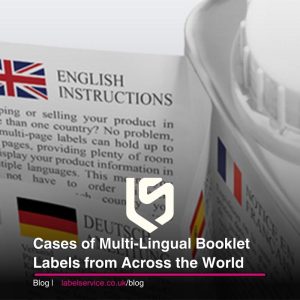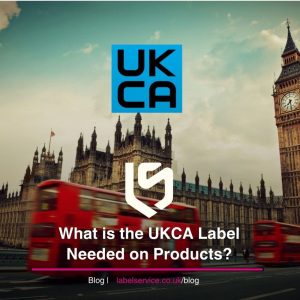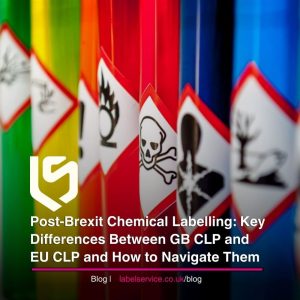The power of the label has never been made more clear than in the current catastrophe that is healthy flavoured water. Consumers have, apparently, long been in favour of water which features additional flavourings and added perks, including vitamin supplements, energy boosters and other nutritious add-ons. That being said, studies are now revealing that a large number of these drinks are, in fact, laden with unhealthy sugars. In extreme cases, these water-based beverages contain more sugar than the soft drinks they were designed to replace! According to new research, consumers are being dramatically misinformed regarding various water-based beverages available in the consumer market today. For example, the Coca Cola owned brands Innocent and This Juicy Water are, by any standard of measure, laden with sugar additives. Whether or not consumers actually care about the content of their beverages is being called into question, as sales of these particular products have soared over the past year. Many experts have avoided the aforementioned question entirely and are instead asking whether or not consumers are being given the information they need to make informed choices regarding the particular beverages they are choosing to imbibe. According to Katharine Jenner, the Campaign Director for the activist organisation Action on Sugar, companies who are creating water drinks which are filled with unhealthy levels of sugars are preying on the innate desire of consumers to purchase healthy products. In the words of Jenner, Water is the main ingredient in all soft drinks, from Cola to Ribena to Vitamin Water. This is just another way for drinks makers to take advantage of customers’ good intentions, and making a huge amount of money in the process. Whether or not Jenners assessment is actually indicative of the current mentality of companies such as Coca Cola who are making tremendous profit on these duplicitous beverages is less important than the fact that customers have not yet made the connection that these beverages are, indeed, unhealthy for them. If this is truly a result of thoughtful, purposefully designed labelling, companies around the world should now be analysing these developments as they would a case study regarding successful branding and marketing. After all, its not every day that an unhealthy product gains the favour of consumers by billing itself as a healthy alternative to other products. Although this phenomenon will likely run its course and eventually fade away, for now, the super water frenzy is here to stay.
















